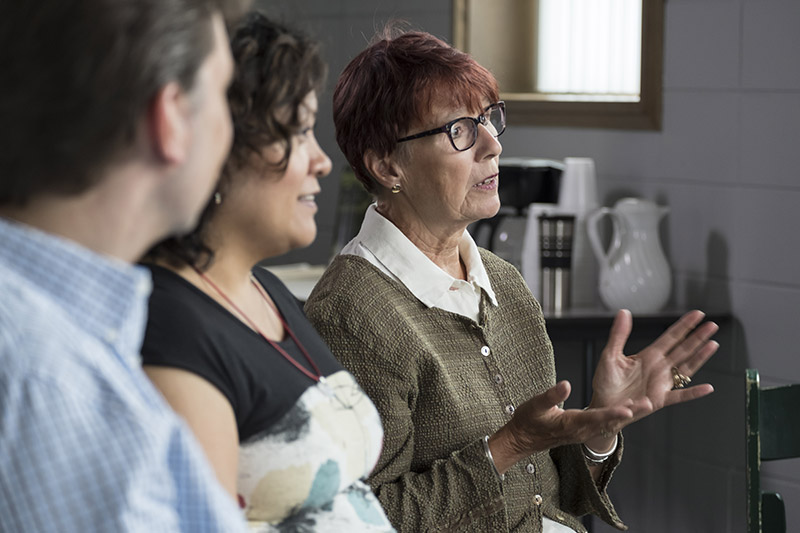The Importance of Support Groups
Addiction support groups remain an important part of the recovery process. It encourages shared experiences and deeper levels of understanding so individuals struggling with addiction don’t feel alone or judged. Learning how you or someone you care about can benefit from a support group will help you make valuable decisions concerning long term recovery and sobriety.
What are Addiction Support Groups?
Addiction support groups remain an integral part of the recovery and rehabilitation process. It consists of members who may be in the process of therapy or who have completed a recovery programme and are looking for ongoing support to cope and prevent relapse. The purpose of a support group is to assist those who are facing addiction by discussing shared challenges, experiences, and ways of coping (Mayo Clinic).
There are many types of support groups but the most widely known is the 12 step programme.
Group therapy introduces skills to manage life’ challenges. When building connections with others who share in your emotional distress, it helps motivate one to overcome addiction while maintaining a treatment regime (Mayo Clinic). A support group also makes it easier to understand addiction and how to manage it.
An important part of addiction support groups is that it instils a sense of self control and hope.
You can join a support group once a structured therapy programme, inpatient or outpatient service is completed. Simply contact the relevant group to learn of their requirements or scheduled meetings you can attend. Some groups will freely and openly advertise availability to members of the public while closed groups will only accept approved memberships based on the nature of addiction and completion of therapy.
How Often Should I Attend Meetings?
Meetings should be attended at least once a week. Meetings typically last between one and two hours. Each group will have a different set of guidelines concerning scheduled meetings and individual participation. We recommend weekly meetings especially for those in the early stages of recovery.
12 Step Support Groups
There are many different support groups and services that have incorporated the traditional 12 step model for addiction recovery and relapse prevention (12Step.org). Some groups are affiliated with local churches while others involve private or closed group sessions to maintain the privacy and anonymity of members. These groups include:
AA (Alcoholics Anonymous)
AA is the original 12 Step programme focused on addressing alcohol addiction and recovery.
CA (Cocaine Anonymous)
Cocaine anonymous encourages support and relapse prevention from cocaine addiction and other drug addictions.
NA (Narcotics Anonymous)
Narcotics anonymous is available for those struggling with substance addictions.
GA (Gamblers Anonymous)
Gamblers anonymous is available for those who are addicted to gambling.
Famanon
Famonon is designed for loved ones and family members affected by addictive behaviour.
SMART Recovery
SMART represents the Self Management and Recovery Training practices based on cognitive behavioural therapy. It is not a 12 step programme but rather encourages self taught control and recognition of the thoughts and feelings responsible for maintaining addiction. SMART steers away from faith-based recovery and focuses on individual rehabilitation through scientific therapeutic practices.
Try to remember that relapse is not an overnight event, there will be signs that you are heading towards a relapse.
So if you find yourself experiencing the following:
- bottling up your emotions;
- isolating;
- not going to meetings or to therapy;
- going to meetings or therapy but not sharing;
- focusing on others (focusing on other people’s problems or focusing on how other people affect them);
- poor eating and sleeping habits.
- And most notably Poor self care when it comes to your emotional, psychological and physical needs.
Please reach out to your treatment centre, therapist, family or nearest mutual aid group if you are having thoughts about relapse.


